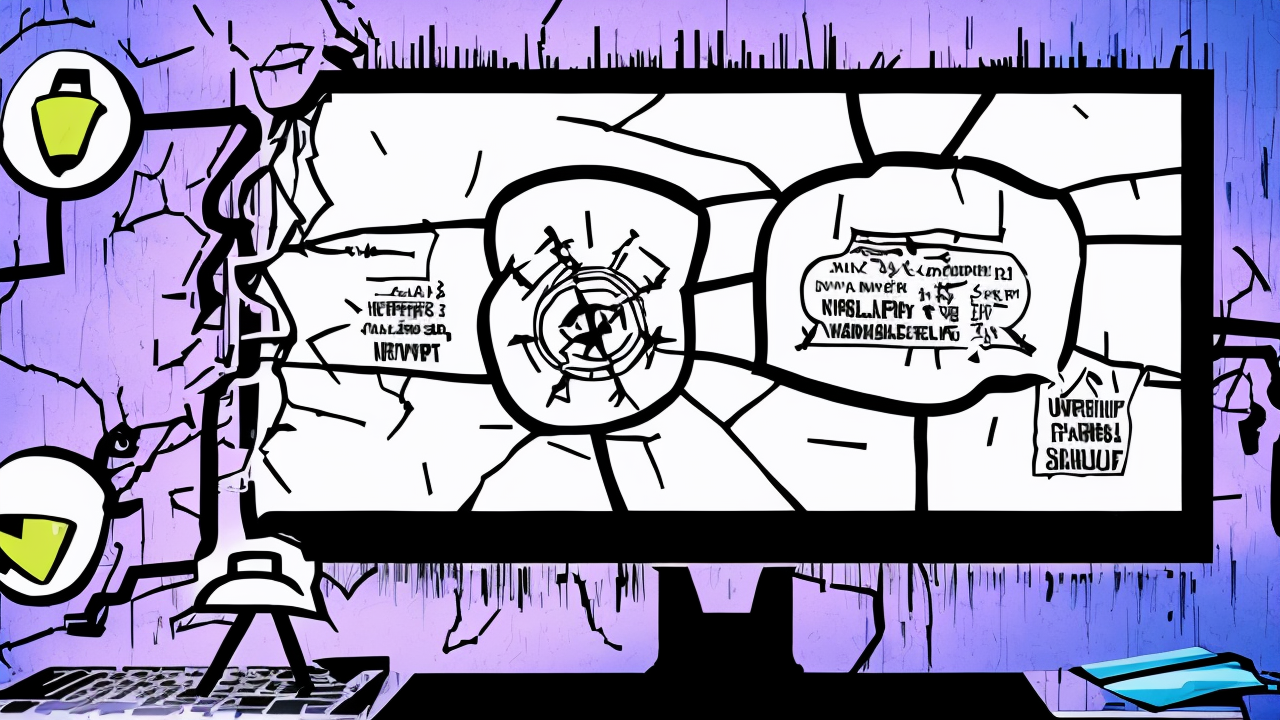Texas Doctor Accused of Prescribing 'Gender Transition' Drugs Surrenders License

The recent surrender of medical license by Dr. May Lau, a Dallas pediatrician, marks a pivotal moment in Texas’ ongoing effort to protect children from unproven and potentially irreversible medical treatments. Dr. Lau, who faced accusations of prescribing testosterone to minors aged 14 to 17, has stepped down from practicing medicine amid a growing legal and ethical reckoning. This development underscores the importance of medical accountability and the responsibility of both professionals and policymakers to place children’s health above ideological trends.
The charges against Dr. Lau stem from her alleged use of experimental hormone therapies on young patients, a practice now prohibited under Texas Senate Bill 14. Passed in 2023, this law was designed to prevent physicians from administering puberty blockers or cross-sex hormones to minors, citing the absence of long-term safety data and the serious risks involved. These interventions, while promoted under the banner of “gender transition,” are not yet supported by robust scientific consensus. The potential consequences—infertility, bone density loss, mood disturbances, and irreversible physical changes—demand a high threshold of medical caution, especially when applied to developing adolescents.
What makes this case particularly troubling is the allegation that Dr. Lau falsified medical records to justify her treatments. According to investigators, she billed insurance providers for endocrine disorders while administering puberty blockers and hormones under the guise of treating gender dysphoria. In one instance, a 15-year-old patient received an injection of a puberty blocker, but the documentation listed it as treatment for a hormonal imbalance. Such actions not only violate medical ethics but also undermine the integrity of healthcare systems built on transparency and trust.
The decision by Dr. Lau to voluntarily surrender her license may signal a recognition of the gravity of her actions. While the legal proceedings continue, her departure from the medical field serves as a reminder that medical practice is not a personal platform for ideological expression. The role of a physician is to heal, not to impose unproven interventions under the cover of progressive rhetoric. When medical professionals prioritize political narratives over evidence-based care, they place vulnerable children at risk.
Texas’ stance reflects a broader principle: public policy must be rooted in science, common sense, and a deep respect for the sanctity of life. Children are not test subjects for social experiments. Their physical, emotional, and psychological development is fragile and irreversible. Any medical intervention that alters their natural growth must be met with extreme caution, rigorous oversight, and clear scientific justification—none of which currently exist for so-called gender transition treatments in minors.
This case also highlights the growing tension between medical ethics and cultural trends that often elevate identity over biology. While compassion and support for individuals struggling with gender identity are important, they must not come at the cost of medical safety or long-term well-being. The line between care and harm is thin, and it is the duty of the medical profession—and the institutions that regulate it—to keep that line clear.
Ultimately, protecting children from unproven treatments is not a political issue. It is a moral one. When we allow ideology to shape medical decisions for the young, we risk undermining the very foundation of responsible healthcare. Texas’ actions in this case are not about restricting freedom but about preserving it—freedom from harm, freedom from irreversible decisions made without full understanding, and freedom from the exploitation of vulnerability.
By holding medical professionals accountable and enacting laws grounded in science and prudence, Texas is setting a standard for what responsible governance looks like. The future of our children depends on our willingness to protect them from the dangers of unchecked experimentation. In doing so, we uphold not just legal standards, but the deeper values of care, integrity, and stewardship that have long defined the best of our society.
Published: 10/24/2025








